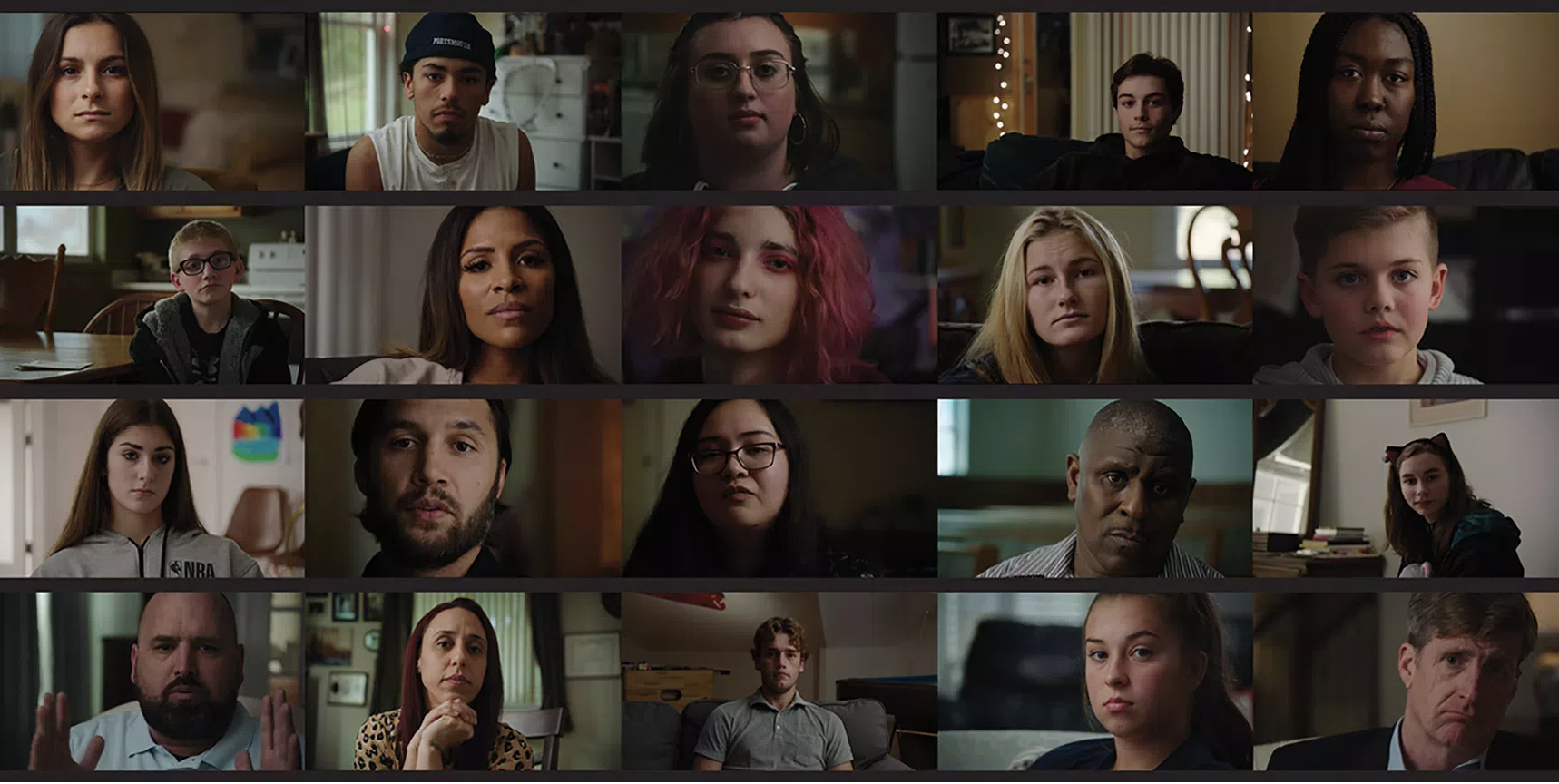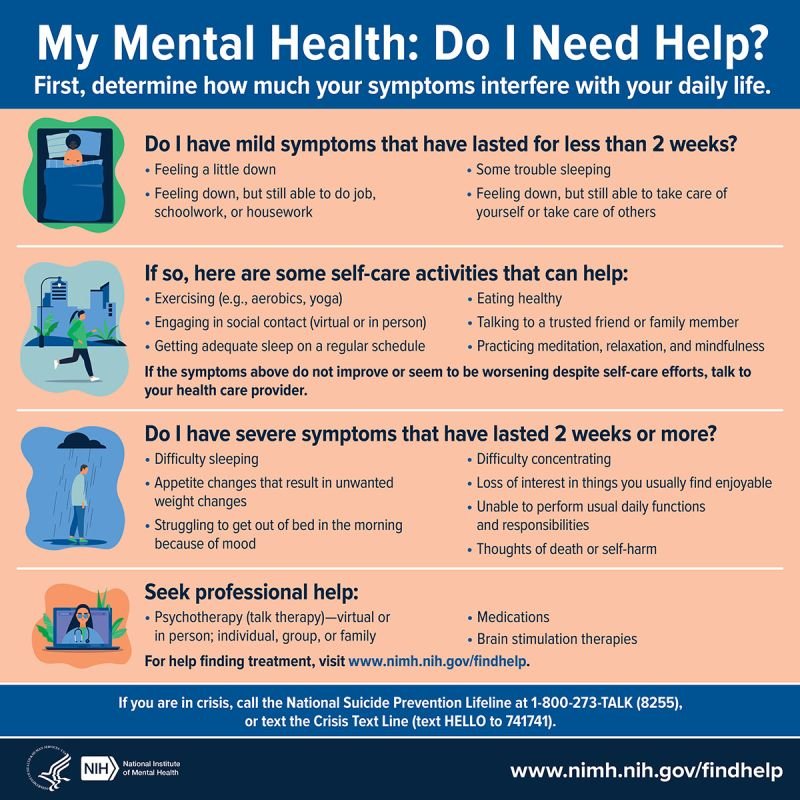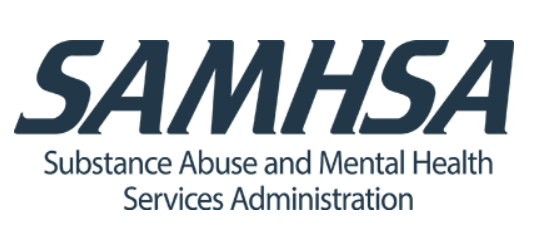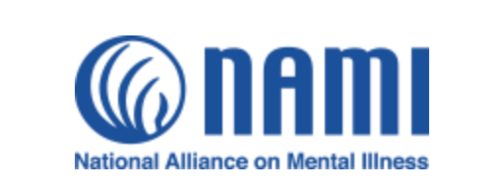We hope the videos, insight and resources that we offer on this page can help you as a parent or caregiver talk with your child or young adult about what they are experiencing, let them know that they are not alone, and to reach out for help and support when they need it. For instructions to view this page in Spanish, click on en Español.
Families Connected Resources
Mental health struggles - know your child or teen is not alone
Pro Surfer Alex Gray shares his struggles with anxiety and depression.
Brian Chao shares how he copes with depression and anxiety.
Expert, student and parent mental health blogs
Laurie James
Anxiety: Our Family's Journey by Laurie James
OCD and Tic Disorder: My Experience by Rhys Moon (former SBFC Youth Advisor)
Having Perspective When Our Child Gets a Difficult (Mental Health) Diagnosis by Naya James
Struggling to Survive: The Fight of and for My Daughter’s Life by Naya James
Things I Wish I Knew: Helping Your Highly Sensitive Teen by a Manhattan Beach mom
My Freshman Experience: How Trying to “Fit In” Came at the Price of Well-Being by Brian Chao
Improving Mental Health Through Kindness by Anna Pirkl, MA, MFT
Family Support & Acceptance: Critical Factors for LGBTQ+ Youth Well-Being by Cindy Byrne
Glimpse by Leah M. Niehaus, LCSW
Mental health tip sheets and how to start the conversation
Click on image to enlarge
Click on image to enlarge
haga clic en la imagen para ampliar
Curated Gallery of National Resources
Clicking on the logos, images, and links below will take you out of the Families Connected website and to the online resource indicated. Families Connected is not affiliated with these organizations, nor have these organizations paid to have their resources shared here. Families Connected will remain open in your browser.
Featured resources
Follow the journeys of more than 20 young Americans from all over the country and all walks of life, who have struggled with thoughts and feelings that have troubled—and, at times—overwhelmed them. Hiding in Plain Sight presents an unstinting look at both the seemingly insurmountable obstacles faced by those who live with mental disorders and the hope that many have found after that storm. (PBS)
The 988 Suicide & Crisis Lifeline (formerly known as the National Suicide Prevention Lifeline) provides free and confidential emotional support to people in suicidal crisis or emotional distress 24 hours a day, 7 days a week, across the United States. The Lifeline is comprised of a national network of over 200 local crisis centers, combining custom local care and resources with national standards and best practices.
Do you or one of your children need help with your mental health? If you don't know where to start, this infographic from The National Institute of Mental Health (NIMH) may help guide you. Click on the image to visit the NIMH website for a downloadable version of this pdf and helpful resources. The NIMH provides a mental health information resource center, available in English and Español 8:30 a.m. – 5 p.m. ET, M-F:
Phone: 1-866-615-6464
Live Online Chat: Talk to a representative
Email: nimhinfo@nih.gov
The Child Mind Institute offers free online resources, guides, articles from experts and a symptom checker to provide families with insight and advice on common concerns that many families face on a broad array of searchable topics, including Depression, Generalized Anxiety Disorder, and Help for Cutting and Other Self-Injury in youth.
Resources for mental health support
The Department of Mental Health provides everyday relief from depression, anxiety, stress, and more. Access for free anywhere, anytime so it fits into your life. They provide live chat sessions, personalized program, support groups, on-demand support and self-guided lessons at no charge LA County residents. For free confidential crisis counseling, mental health information, and referrals to providers, call the Los Angeles County Department of Mental Health's 24-hour Access Center at 1-800-854-7771.
SAMHSA provides 24/7, 365-day-a-year crisis counseling and support to people experiencing emotional distress related to natural or human-caused disasters. Call or Text: 1-800-985-5990.
For information related to warning signs of mental health conditions, as well as a helpline, please visit NAMI, the National Alliance of Mental Illness.
The Crisis Text Line has assembled a comprehensive list of referral resources that meet stringent criteria. Topics include abuse, self-harm, substance use, grief, isolation, and more. Topics are searchable online. We highly recommend this resource.
Youth can always call or text the California Youth Crisis Line, 24 hours a day, 7 days a week at: 1-800-843-5200.
Didi Hirsch experts provide evidence-based treatment to low-income children and adults with mental disorders or behavioral challenges. Call 1-888-807-7250.
If you are a young person in crisis, feeling suicidal, or in need of a safe and judgment-free place to talk, call the TrevorLifeline now at 1-866-488-7386.
National articles
Why American Teens Are So Sad (The Atlantic)
California Ranks 33rd In Child Well-Being: Report (The Patch)
College Guide for Students with Psychiatric Disabilities (Best Colleges)
State by State, Here’s How Well Schools are Doing at Supporting Kids’ Mental Health (NPR)
Skills for Depression (Screenagers)
Declaration of a National Emergency in Child and Adolescent Mental Health (American Academy of Pediatrics)
Helping College Kids With Depression (ChildMind Institute)
Kids are Back in School — and Struggling with Mental Health Issues (NPR)
The Rock Names His Toughest Opponent: Depression (ChildMind Institute)
The Importance of Self-Care (BeThe1To)
How to Talk and Listen to a Teen with Mental Health Struggles (KQED)
For Kids With Anxiety, Parents Learn to Let Them Face Their Fears (NPR,)
Five Warning Signs of Mental Illness that People Miss (NAMI)
The Stigmatizing Word Hidden in Mental Health Conversations (NAMI)
What is Schizophrenia? (NAMI)
Getting Better Together (ChildMind Institute)
Guides, tips and insight for parents and guardians
Click on image to enlarge
“Practicing gratitude has a host of benefits for our well-being. It’s good for our happiness and life satisfaction, reduces anxiety and depression, strengthens the immune system, lowers blood pressure, and helps us sleep better. If gratitude is good for us personally, then can its benefits spill over from parents to their children and families, too?"
A recent study, referenced in Greater Good Magazine, Berkeley, finds that gratitude can improve parents' well-being and their relationships with their kids. Find out how ‘nurturing your own well-being’ is key to helping our children flourish.”
















